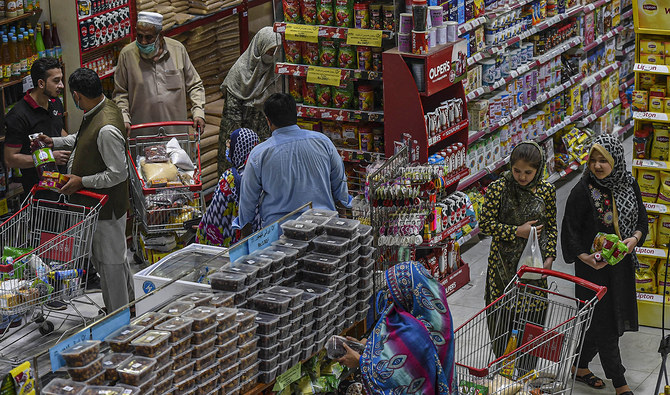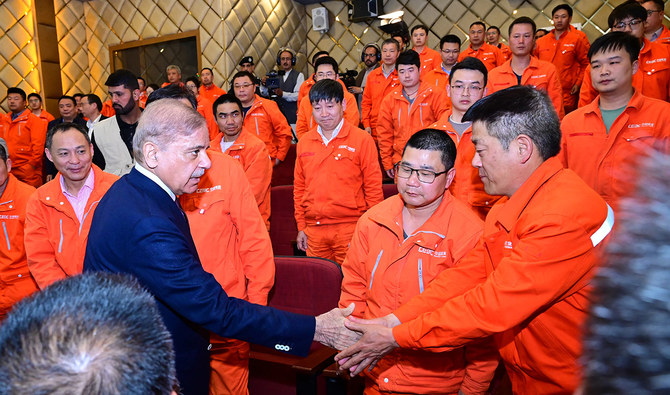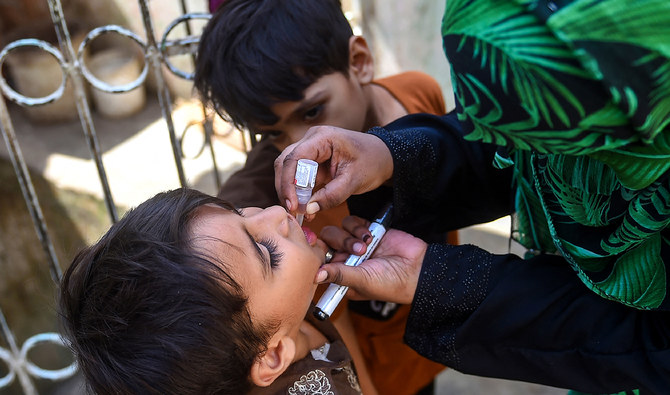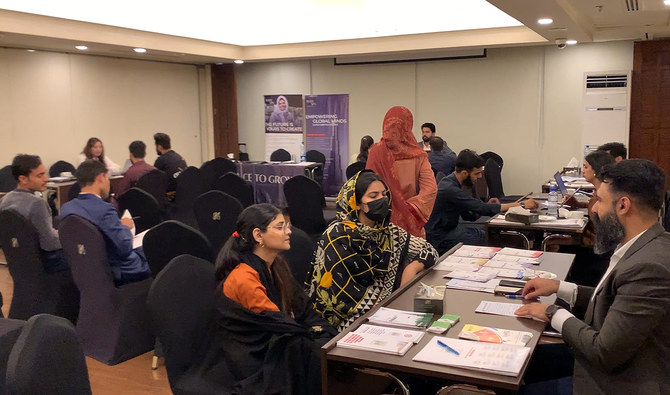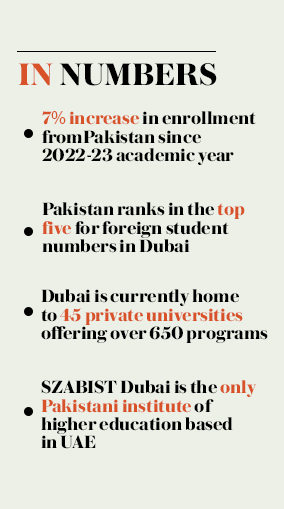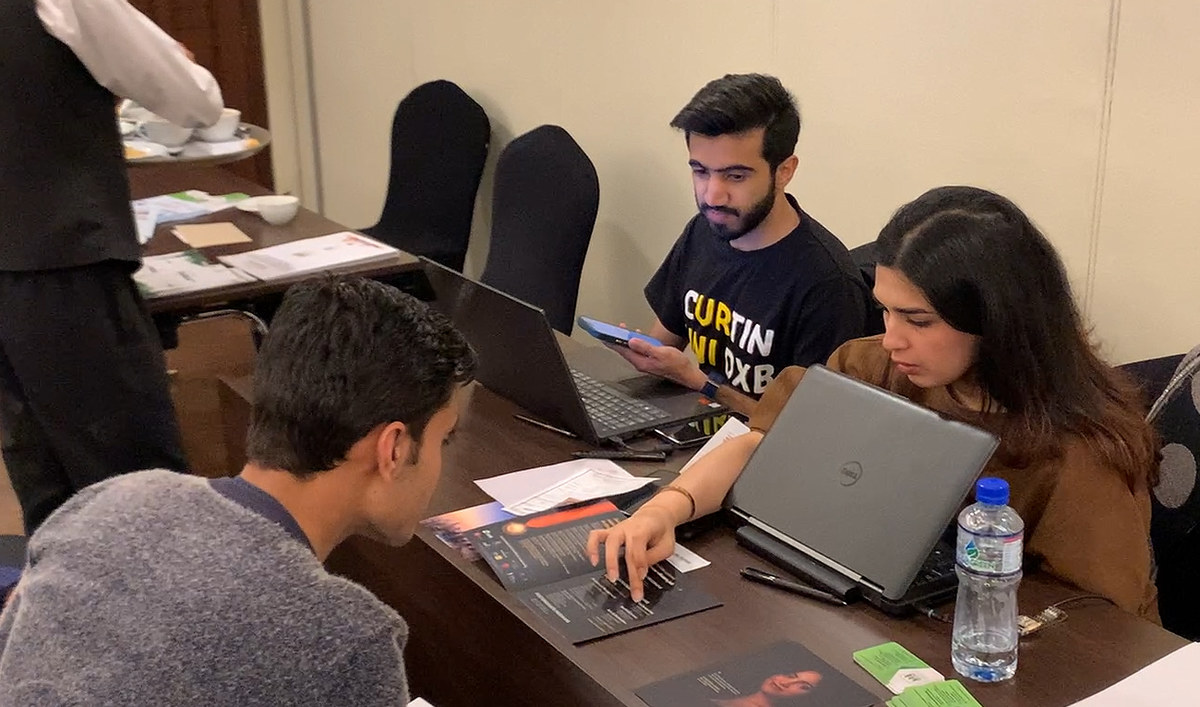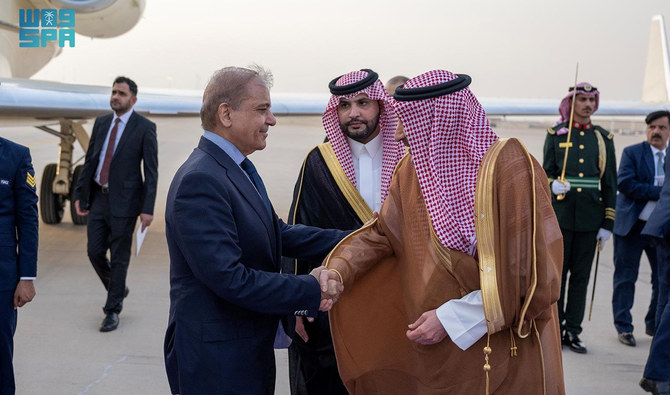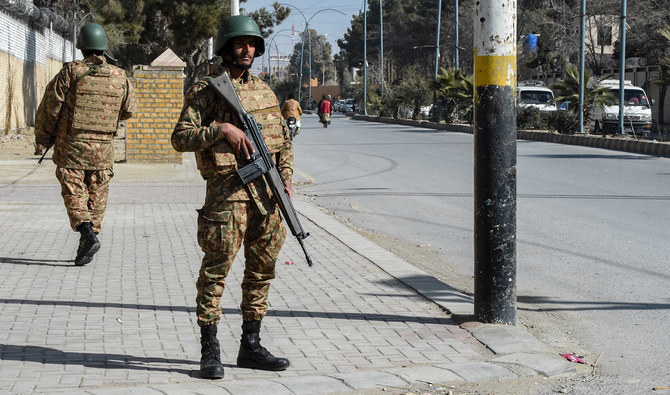KARACHI: Pakistan’s trade deficit has soared to a record $39.3 during the current fiscal year, mainly due to costly imports of energy and food products.
The South Asian nation’s trade deficit during the July 2021-April 2022 period jumped by 64.8 percent on a year-on-year (YoY) basis, according to Pakistan Bureau of Statistics (PBS) data released on Friday. It was $23.8 billion during the same period last year.
Pakistan’s imports surged by 46.4 percent to $65.5 billion during the 10 months of the current fiscal year, while exports increased by 25.5 percent to $26.2 billion.
“This is an all-time high trade deficit in the 10 months of the (current) fiscal year, which is backed by imports of energy and food products at higher prices from the global market,” Samiullah Tariq, research director at the Pakistan Kuwait Investment Company, told Arab News on Saturday.
“The inflated trade deficit is because Pakistan paid high prices for import of energy and food products including crude oil, coal, palm oil and other energy products. It also paid around $2 billion for the import of COVID-19 vaccines,” Tariq said, adding that the trade deficit is expected to remain high during May as well.
Pakistan’s imports of petroleum products posted 96 percent growth during the first nine months of the current fiscal year (July 2021-March 2022) to reach $14.8 billion, followed by $11 billion worth of agricultural and chemical goods, $8.6 billion worth of machinery, and $7 billion worth of food products. The PBS has yet to release comprehensive details of external trade in April 2022.
The high volume of imports is likely to continue to exert pressure on the national currency in the absence of any substantial foreign inflows amid negotiations with the International Monetary Fund (IMF).
“High demand of dollar for import payments would further dent country’s foreign exchange reserves position, as the reserves are already diminishing,“ Abdul Azeem, head of research at Spectrum Securities, told Arab News.
“At present, the IMF is very important for us to tame the increasing balance of payment situation because we don’t have any avenue in sight for now from where we could attract foreign inflows quickly.”
To unlock foreign inflows, Pakistan will have to complete negotiations with the IMF for the early release of its next tranche of the $6 billion Extended Fund Facility (EFF) that was secured back in 2019 to stave off a balance of payment crisis.
Talks resumed last month and Pakistan’s new government has already requested the global lender to boost the loan size to $8 billion.
An IMF delegation is expected to visit Pakistan in May.



